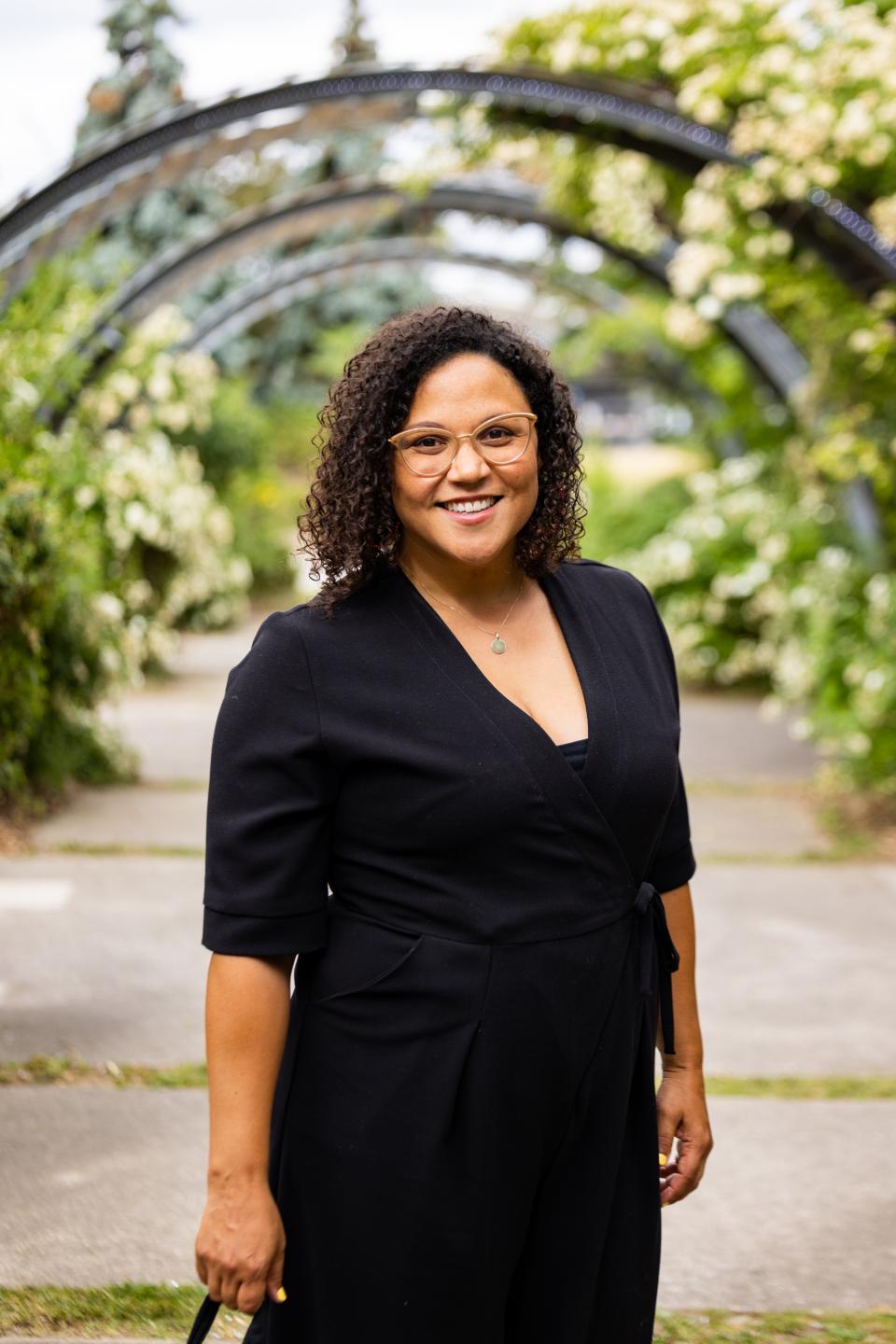
What does your research focus on?
My research focuses on Canadian human rights policy and its capacity for combating social inequalities. I assess whether the institutional powers built into the Canadian human rights system can be mobilized to respond to structural inequality such as anti-Black racism in policing, or if human rights commitments instead operate as containment strategies. By following the shifting path of these human rights commitments, from attestations to implementation, my research seeks to capture the disconnect between human rights branding and institutional practices.
How (or why) did you become interested in that line of research?
Prior to completing my doctoral studies, I worked with the Ontario Human Rights Commission and the Anti-Racism Directorate. My time spent as a public servant compelled me to study politics in order to better understand the relationship between public policy "as it is stated" and public policy "as it is lived."
I would also describe myself as someone infused with an intergenerational commitment to anti-racism, community engagement, public service and equity work. My grandparents, Wilson and Phyllis Brooks, helped found the Ontario Black History Society and the Urban Alliance on Race Relations. My mom, Kim Bernhardt (who is a UTSC alum!) was recently awarded the Daniel G. Hill Human Rights Award for lifetime achievement in human rights. This legacy has driven me to explore what potential remains for the framework of human rights in collective mobilizations for equity and anti-racism.
What’s the most interesting aspect about your research that most people won’t know about?
I count myself among a small but growing group of Canadian social scientists who find public agencies to be interesting. As Carey Doberstein and Sule Tomkinson have identified, public agencies have a tremendous amount of decision-making power but the study of these agencies has mostly escaped the radar of Canadian social scientists.
In my research on public agencies, I focus on human rights commissions which are one of the only institutional mechanisms that we in Canada have to hold both the state and the private sector accountable for racism.
What are you looking forward to most about joining U of T Scarborough?
So much! I have heard wonderful things about UTSC students and the Political Science Students’ Association, in particular. There is also a wealth of community-engaged interdisciplinary scholars here and across the tri-campus that I am excited to connect with.
Moreover, I am excited to build on community connections here in Scarborough. My grandmother lived near Ellesmere and Scarborough Golf Club for over 50 years and my mother is a graduate of UTSC and Woburn graduate. Since starting in my role, I have already had the opportunity to participate on a panel at Warden Woods Community Centre on police brutality and systemic racism, and look forward to more community conversations.
What are you reading/watching right now?
I am still reflecting on Debra Thompson’s fantastic book, "The Long Road Home", on Blackness and belonging. I recently participated in a Scarborough screening of Marc Serpa Francoeur and Robinder Uppal’s documentary "No Visible Trauma" which is a powerful visceral account of police violence in Calgary. Finally, I have to add that I am always tuned into Ethel Tungohan’s podcast "Academic Aunties" about “surviving and maybe even thriving in the neoliberal academy.”